Experts are raising concerns about the potential health risks associated with the increasing popularity of XL Bully cats.
Animal behaviour experts are raising alarms about the increasing popularity of ‘XL Bully Cats.’
These felines are bred for aesthetics rather than health. This trend poses significant health risks for these cats. The RSPCA has also weighed in, urging responsible pet ownership.
The emergence of XL Bully cats
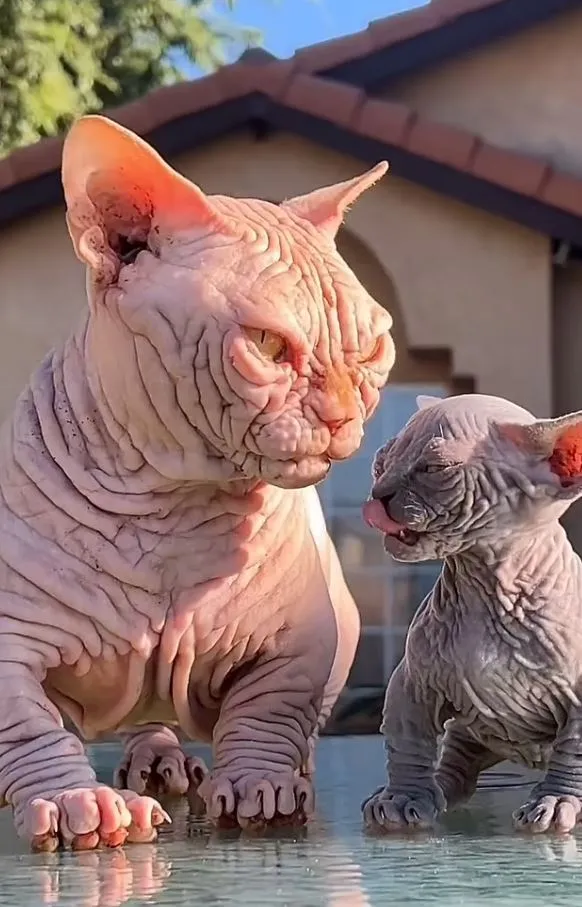
Since February, it has been illegal to own an XL Bully dog in England and Wales without an exemption certificate. This ruling was enacted following numerous attacks across the UK.
According to BBC reports, over 61,000 exemption applications were submitted before the deadline.
However, breeders have responded by creating a cat counterpart to the banned dog breed. This has sparked concern among animal behaviour experts.
The Telegraph states that these cats are produced by mixing the gene responsible for hairlessness in Sphynx cats with the short-leg gene found in Munchkin cats.
Health risk of XL Bull cats
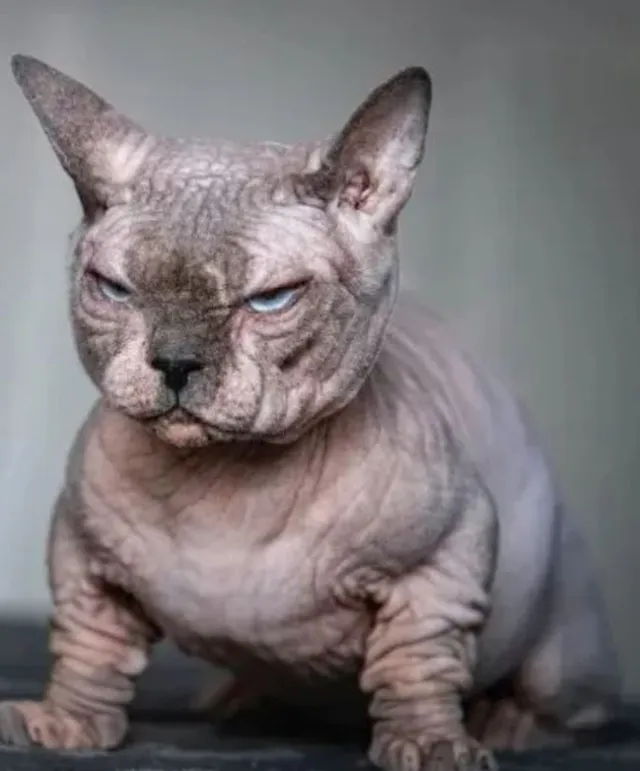
The RSPCA warns that these ‘exaggerated’ bully cats have excess skin folds, making them susceptible to skin conditions. They may also experience severe joint strain.
Dr. Dan O’Neill, an Associate Professor of Companion Animal Epidemiology at the Royal Veterinary College, noted that the life expectancy of these cats could be significantly shortened.
He cited a recent RVC VetCompass paper showing that Sphynx cats live an average of just 6.7 years.
In contrast, the average lifespan for cats is 11.7 years. Dr. O’Neill advises potential pet owners to prioritize animal welfare. He urges them to consider the implications of adopting animals with extreme body shapes.
The role of consumer in ethical breeding
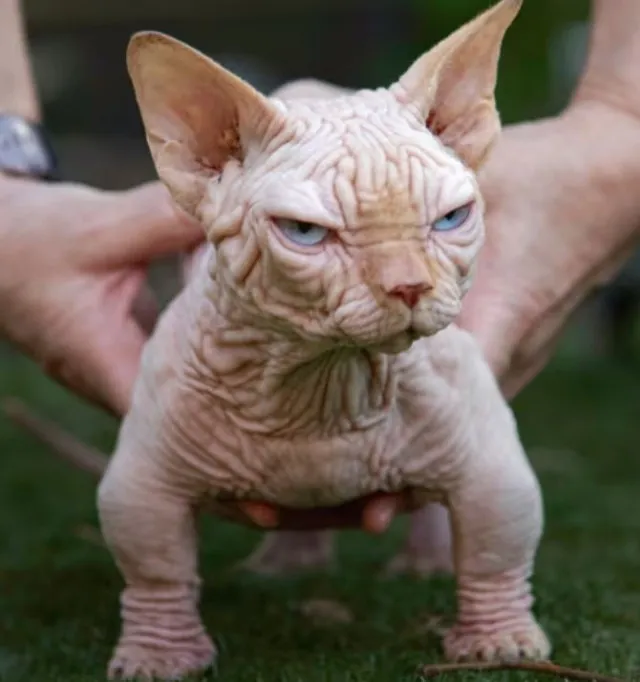
Dr. Grace Carroll, an animal behaviour specialist at Queen’s University Belfast, emphasizes that consumers can influence breeding practices.
She states, “We can discourage breeders from prioritizing aesthetics over health by refusing to buy breeds with extreme traits.”
“A fashion toward ethical breeding could ensure future cats are healthier, happier and free to enjoy natural feline behaviour like climbing, jumping and lounging in the sun. We should let cats be cats.” She added.
Promoting ethical breeding practices can lead to healthier cats. Dr. Carroll argues that it is essential for cats to engage in natural behaviours like climbing, jumping, and lounging.
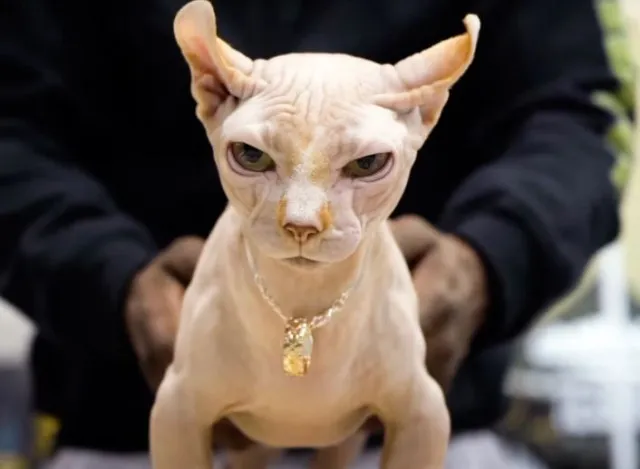
The impact of mutation breeding
A 2018 study by animal welfare experts at Utrecht University highlighted the disadvantages of mutation breeding. They found that cats with these traits often lack whiskers.
Whiskers are crucial for communication, navigation, and understanding spatial dimensions.
The Cats Protection charity further notes that the short legs of Munchkin cats represent a genetic defect. This defect can lead to painful arthritis and mobility issues.
Dr. Carroll adds that bully cats, being both hairless and short-legged, may face compounded health challenges.
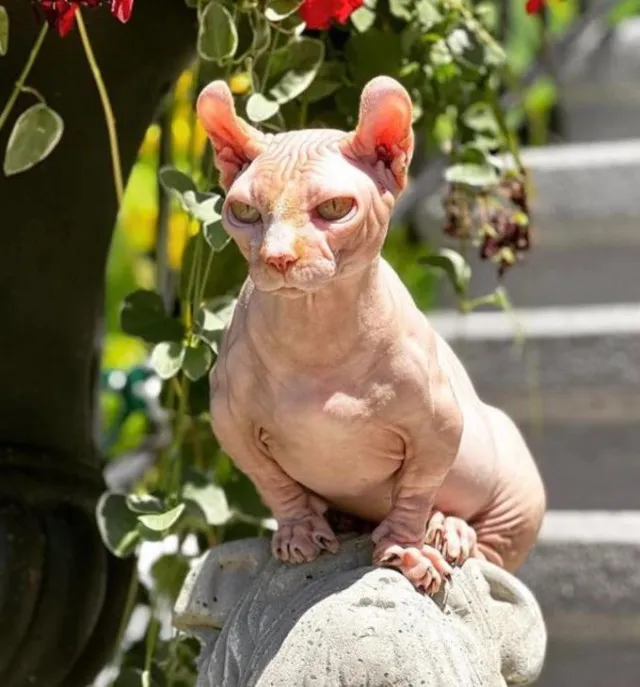
RSPCA’s sall for adoption
In light of the rising popularity of bully cats, the RSPCA encourages potential cat owners to adopt instead of purchasing from breeders.
A spokesperson for the organization stated, “We urge fellow cat lovers to consider adopting rescue cats instead of buying these breeds.”
The RSPCA also calls on breeders to prioritize the health and welfare of animals over aesthetics. As social media fuels demand for these cats, responsible choices are crucial.